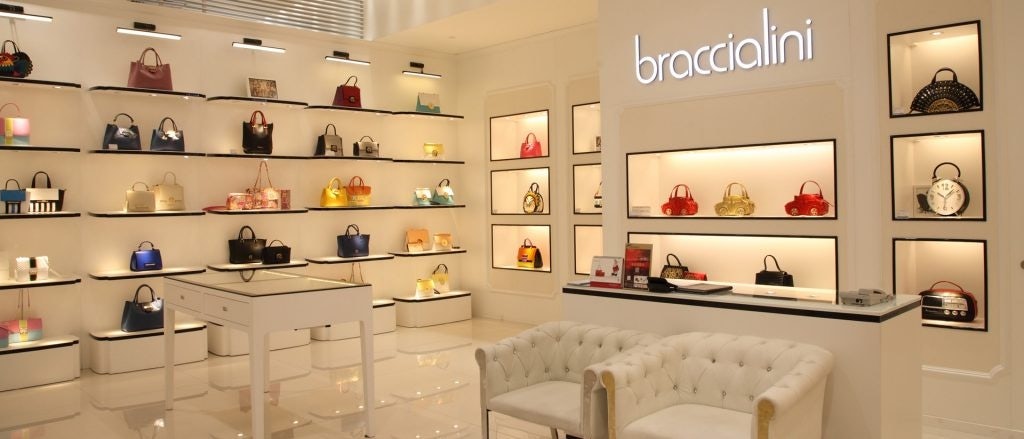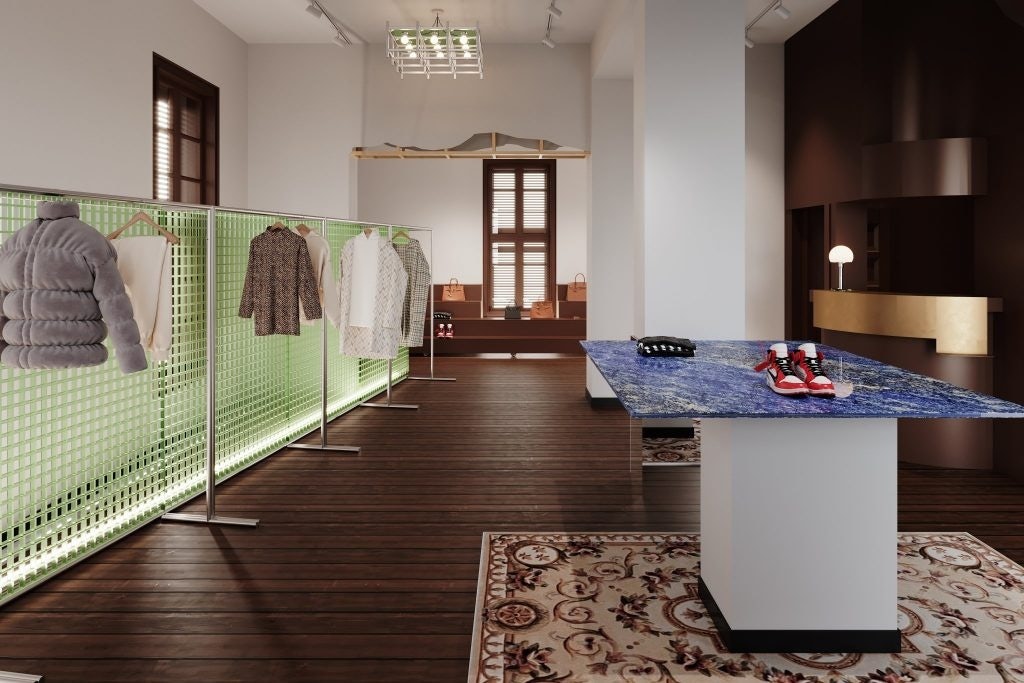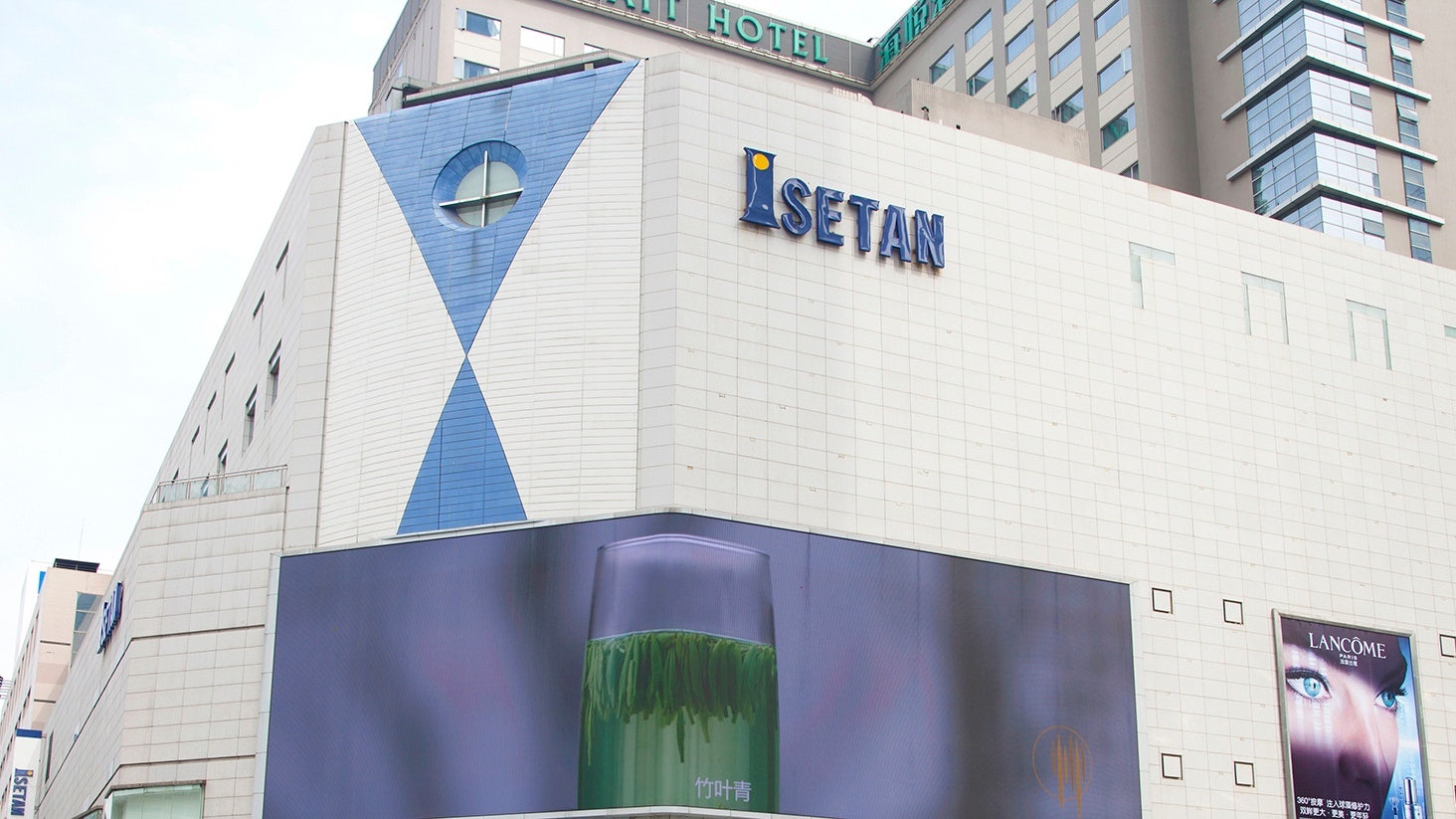Another global company is saying sayonara to its Chinese brick-and-mortar stores. On June 27, Japanese department store Isetan announced that it will shut down two locations in Chengdu by the end of the year after being unable to renew the lease of its main store.
The closure of the two Chengdu stores — opened in 2007 and 2018, respectively — leaves just four local outposts, with one in Shanghai and three in Tianjin. Established in Japan in 1886, Isetan entered China in 1993 and sells everything from trendy fashion apparel and beauty to home goods and groceries. The Isetan in Chengdu's Chunxi Road shopping district, one of the spots now shuttering, spans nine floors and offers designer brands such as Michael Kors, Kate Spade, and Furla as well as beauty from the likes of Chanel, Armani, and YSL.

Isetan’s retreat comes as other global department store chains shrink their footprint here. In March, New World Department Store ceased operations at its Chengdu location after being the first Hong Kong-owned department store to enter the city, citing an “adjustment of the company's business strategy.” Then in May, Lotte Group closed down its China headquarters and announced plans to pull out of the market entirely due to sluggish consumption and tough regulations against South Korean firms.
These examples, along with recent exits from beauty and fast fashion labels, shed light on just how challenging the mainland’s retail environment is for domestic and global players alike. Most pressingly, prolonged COVID-19 restrictions have led to slumping consumer demand and decreased foot traffic; the country recorded a 6.7 percent year-over-year decline in retail sales of consumer goods in May, following an 11.1 percent contraction the month prior. Even before Shanghai’s lockdowns shopping patterns had shifted, with online sales in China set to expand its share of total retail goods to around 29 percent in 2022, versus 27.7 percent in 2020.
On top of these setbacks, department stores have been hit by stiff competition. Take SND, dubbed as the southwest’s coolest designer concept store: not only did it manage to double its sales in 2021 year-over-year by opening more stores, but it is now expanding into the department store format. Unveiled on July 1, the Super Normal Department will be a launchpad for homegrown streetwear firm They Are and OK Center and lifestyle boutique Tavn — essentially, brands that may “find it hard to fit in at a shopping mall,” as SND founder Will Zhang explained in an interview. It will also be a space for monthly art shows and a testing ground for SND’s foray into perfume and books.

The success of SND and other cultural-retail hybrids like K11 show that physical retail is not dead. Rather, strategies must shift to attract a new generation of consumers, whether it's building social experiences or capitalizing on unique, Gen Z-friendly offerings. For department stores like Isetan to survive, a healthy dose of fun needs to be injected back into the shopping experience.

